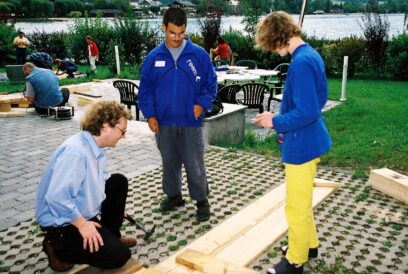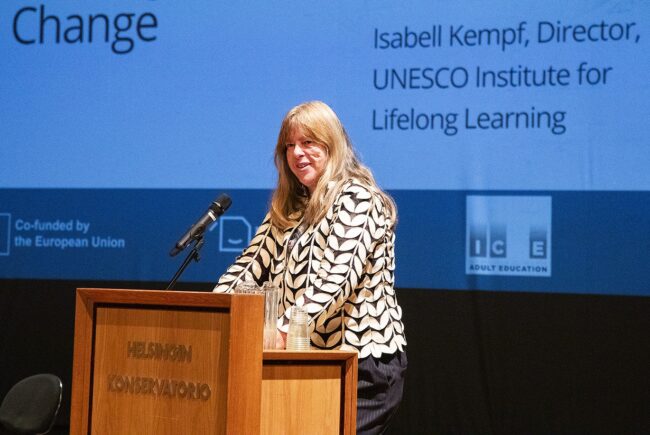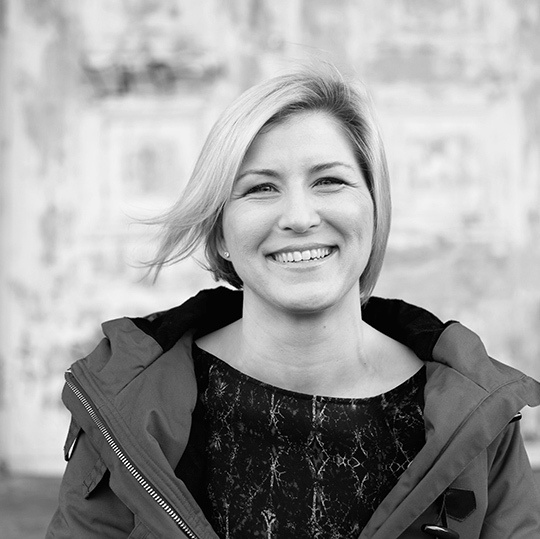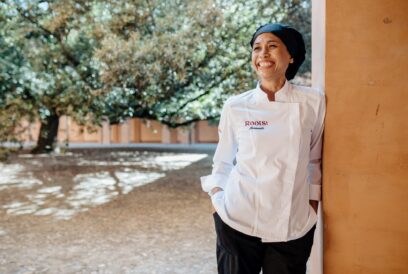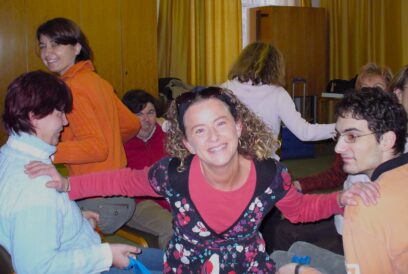“Adult education is a human right and a public good helping to create a more resilient, just and sustainable future,” said Isabell Kempf, Director of the UNESCO Institute for Lifelong Learning, in her keynote address at the EAEA conference in Helsinki.
“Change remains the only constant in our lives,” says Isabell Kempf, Director of the UNESCO Institute for Lifelong Learning. “To that end, adult education plays a crucial role in addressing global challenges by equipping individuals with the skills and knowledge necessary to navigate and shape the rapid transformations occurring worldwide,” she says.
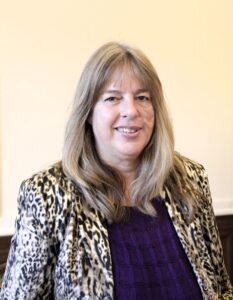
“Adult education promotes civic engagement and active citizenship, contributing to democratic processes,” says Isabell Kempf of the UNESCO Institute for Lifelong Learning.
Kempf, who was in Helsinki in June to deliver her keynote address “Empowering Agility: Adult Education’s Role in Navigating Global Change” at the conference of the European Association for the Education of Adults, has a prolific career spanning three decades with the UN.
Adult education fosters resilience, promotes social justice, and empowers marginalised communities, according to Kempf, who has held her current position since January 2024.
“Adult education enhances employability through skill development and vocational training. It promotes civic engagement and active citizenship, contributing to democratic processes and social cohesion. It provides critical thinking and problem-solving skills needed to tackle economic fluctuations, technological disruptions, and environmental challenges. And it encourages lifelong learning, ensuring individuals can continuously update their skills and knowledge to stay relevant in a constantly changing world,” says Kempf.
Concrete action needed in five areas
To effectively address global challenges, Kempf says that adult education systems would do well to focus on five areas: increasing funding; enhancing accessibility and inclusivity; improving quality and relevance; promoting lifelong learning; and strengthening partnerships.
Each of those areas requires tangible action.
“In order to increase funding, we need to boost public funding and explore alternative funding mechanisms,” says Kempf.
“To enhance accessibility and inclusivity, we need to develop tailored programmes that cater to diverse learner groups, particularly marginalised and vulnerable populations,” she says.
To enhance accessibility and inclusivity, we need tailored programmes that cater to diverse learner groups.
“To improve quality and relevance, we need to ensure that adult education programmes are flexible, relevant, and aligned with the needs of learners and the demands of the labour market,” she says.
“To promote lifelong learning, we need to integrate adult learning into a broader lifelong learning framework, encouraging continuous education and civic engagement,” she says. There is also an urgent need to revive education for peace.
“And to strengthen partnerships, we need to foster collaborations between public stakeholders, civil society organisations, private sectors, and learners to enhance the reach and impact of adult education,” she says.
Promoting agility in practice
To be resilient, adult education systems must be responsive, adaptable, and capable of evolving to meet emerging needs.
For this to happen, Kempf highlights five key areas with benchmark examples for each.
“Flexible learning models means implementing online, blended, and modular learning formats that allow adults to learn at their own pace and according to their schedules,” she says, citing the example of the European Union’s Erasmus+ initiative that offers courses in digital literacy, languages, and entrepreneurship.
“Context-specific programmes means designing programmes that address the specific needs of different regions and communities,” she says. For instance, vocational training programmes in Kenya’s Youth Empowerment Programme (YEP) that focus on practical skills such as welding and carpentry improve employability.
Context-specific programmes address the specific needs of different communities.
“Lifelong learning pathways means creating pathways that encourage continuous learning and skill updating throughout an individual’s life,” she says. To that end, Germany’s Volkshochschulen (adult education centres) offer courses on environmental sustainability, teaching adults how to reduce their carbon footprint and advocate for eco-friendly policies is a good example.
“Use of technology means leveraging digital platforms and tools to provide access to education, especially in remote and underserved areas (if connectivity is provided),” she says. By way of illustration this includes online courses, virtual classrooms, and mobile learning applications. It also requires new learning methodologies that reinforces the impact and maintains the motivation of learners.
Together is better
One of Kempf’s main messages to practitioners in the field of adult and lifelong learning is that they are the enablers of personal empowerment and societal transformation.
“With your work, you lay the foundation for adults to actively shape societies and adapt to the rapidly changing world,” says Kempf.
Adult and lifelong learning practitioners help empower individuals to achieve personal and professional growth and to promote social equity and inclusivity by reaching out to marginalised and vulnerable populations. They also encourage continuous learning and skill development to build resilient communities, foster civic engagement and active participation in democratic processes, and adapt education systems to be responsive and flexible in order to meet the evolving needs of learners.
“Adult education and lifelong learning are both a human right and a public good helping to create a more resilient, just and sustainable future for everyone,” says Kempf.
To explore further, view the videos related to this article:
In this video 1, Isabell Kempf explores the role of adult education in empowering agility.
In this video 2, Isabell Kempf provides a concrete example of how adult education can empower agility.
Isabell Kempf
- is the Director of the UNESCO Institute for Lifelong Learning (UIL) in Hamburg, Germany
- has 30 years of experience working with the United Nations, bringing her expertise in the areas of capacity-building and policy advice, as well as the application of a human rights- and gender-based approach to education, development and peacebuilding to the UN
- has held positions including Head of the UN’s Research Institute for Social Development (UNRISD) Bonn Office, where she co-created a global research and action network comprising researchers, decision-makers and social activists to advance a just and green transformation of society and Co-director of the Poverty-Environment Initiative of the UN’s Development Programme and the UN’s Environment Programme in Nairobi, where she led a global programme on integrated policies in over 28 countries
- has held further roles at UNESCO, UNEP, the UN’s Economic Commission for Latin America and the Caribbean, the Office of the UN’s High Commissioner for Human Rights and the International Conference on the Great Lakes Region
- published widely on the right to education and development, and social and environmental justice. She is the co-author of Changing the World While Changing Diapers (2020) with Peter Ngila Njeri which shows that by educating kids and through lifelong learning we are by default changing the world
- holds a BA and MA honours in Politics, Philosophy and Economics for the University of Oxford and a PhD in International Economics and Development from Complutense University of Madrid
